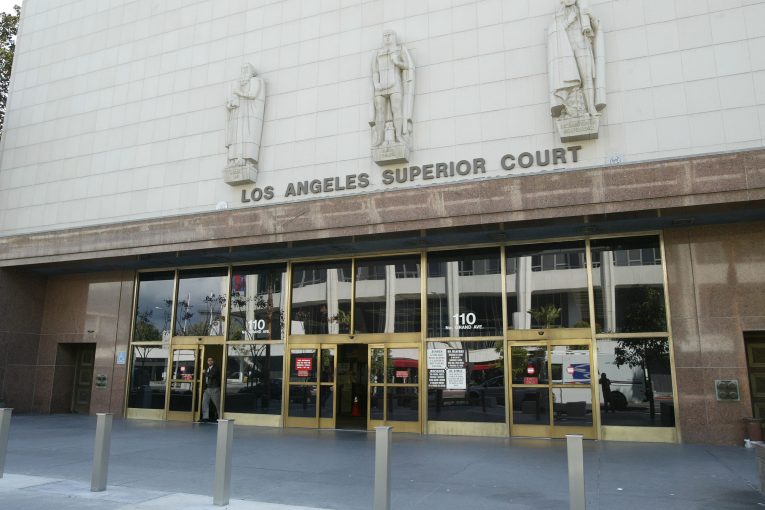
LOS ANGELES, CA – In a Los Angeles County Superior Courtroom pretrial involving grand theft charges against the accused this past Thursday, Judge Marine Dermadzhyan ruled—citing the “low standard of proof” in preliminary hearings—sufficient evidence to move forward to trial, despite the defense argument there was only circumstantial and accusatory evidence.
The accused is currently employed as a landscaper in a nearby high school and has been charged with stealing Apple products from the boy’s locker room while on the job in September 2023. The victim had left the products in the locker room the day prior. Surveillance footage provided to the court captured the accused going in and out of the locker room.
The detective who investigated this case testified he “provided a statement” of Miranda rights to the accused, who “told me he did not know the whereabouts of the missing computers or had any involvement in the missing property.”
Doors to all locker rooms are “left unlocked on Saturday mornings for the landscaping crew,” according to the detective, admitting the accused was not the only one working on the days when the items were stolen, and that “another person was working in the surveillance footage.”
Shortly after, the defense and detective cleared up how “48 hours of surveillance footage for each weekend” was not provided to the detective, who said he was only given “particular clips that just show the accused.”
“Aside from those clips, you don’t have any evidence of who came into the locker room right?” asked the defense, and the detective affirmed the defense attorney’s statement.
In the surveillance footage for Sept. 2, 2023, the court can see the accused walking into the locker room for a few minutes and “holding something against his body… to keep something hidden underneath his clothing,” according to the detective.
The detective agreed the accused, in the video, was perhaps holding the trash can against his abdomen to hold up hidden property.
The prosecution asked, “So, you are making assumptions in your investigation,” to which the detective responded, “Yes.”
The defense proceeded to ask, “Did you tell the court about the search of the accused’s car?” The detective said “no,” and revealed that a search was conducted on the car and home of the accused, both finding “negative for stolen property,” according to the detective.
Concerning the recovered Apple data from the stolen device, the defense directly asked about the detective’s knowledge of how to re-register an Apple product. He replied, “Not step by step, but I know there’s a common procedure.”
The defense argued the accused is being charged based on evidence that is “entirely circumstantial and accusatory without proper investigation” because many people can be associated with this crime, including other landscaping workers present at the crime scene.
The DDA argued there is “sufficient evidence for a holding order” because the accused had “access to locker rooms on both days that the victim indicated that their products were stolen.” And the victim’s laptop came back “registered” to the accused.
Judge Dermadzhyan said there is a “low burden of proof concerning identity” and accordingly the court must rely on the fact the accused is seen on both dates entering the locker room and that the laptop came back with registration to the accused.
Judge Dermadzhyan then outlined that the evidence is “a low standard of proof,” but concludes there is sufficient evidence the crimes were committed and the accused will be held to answer on arraignment.